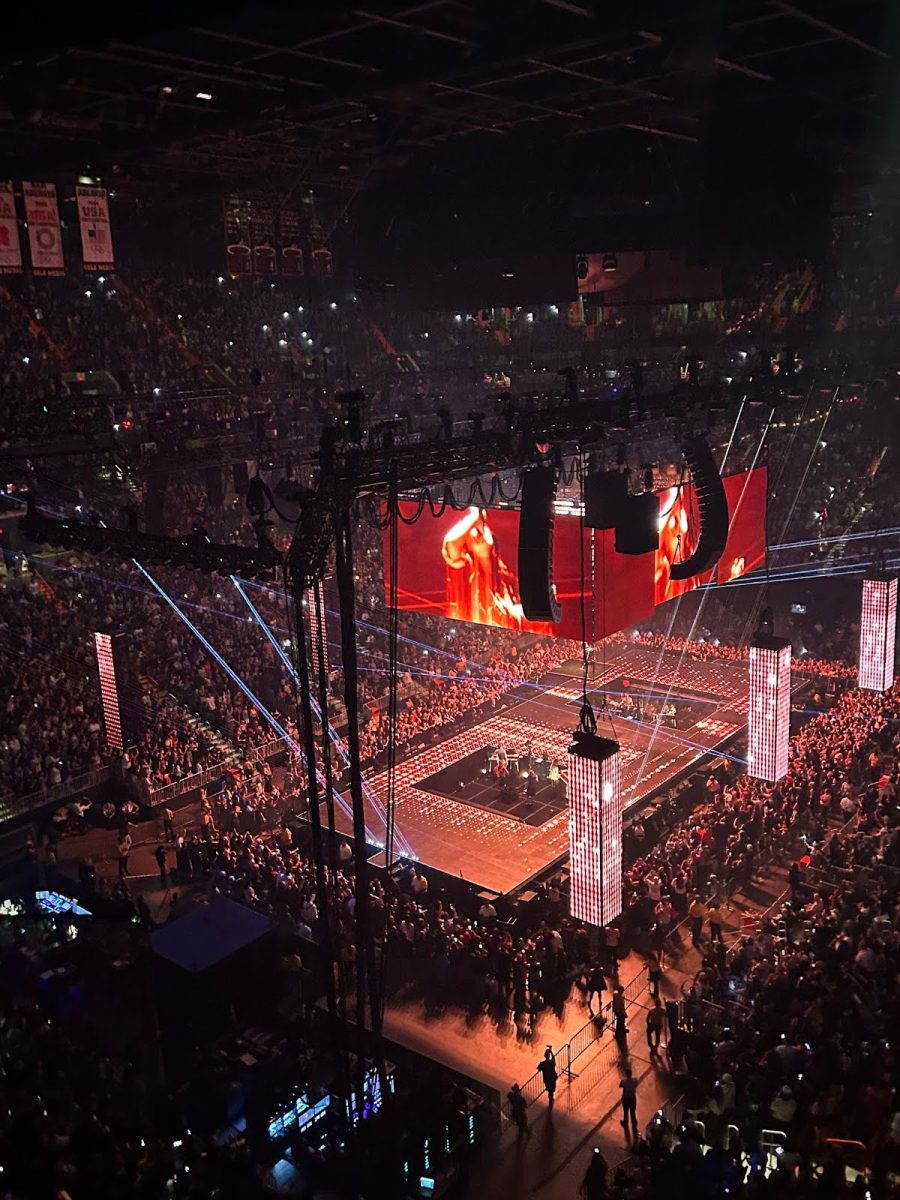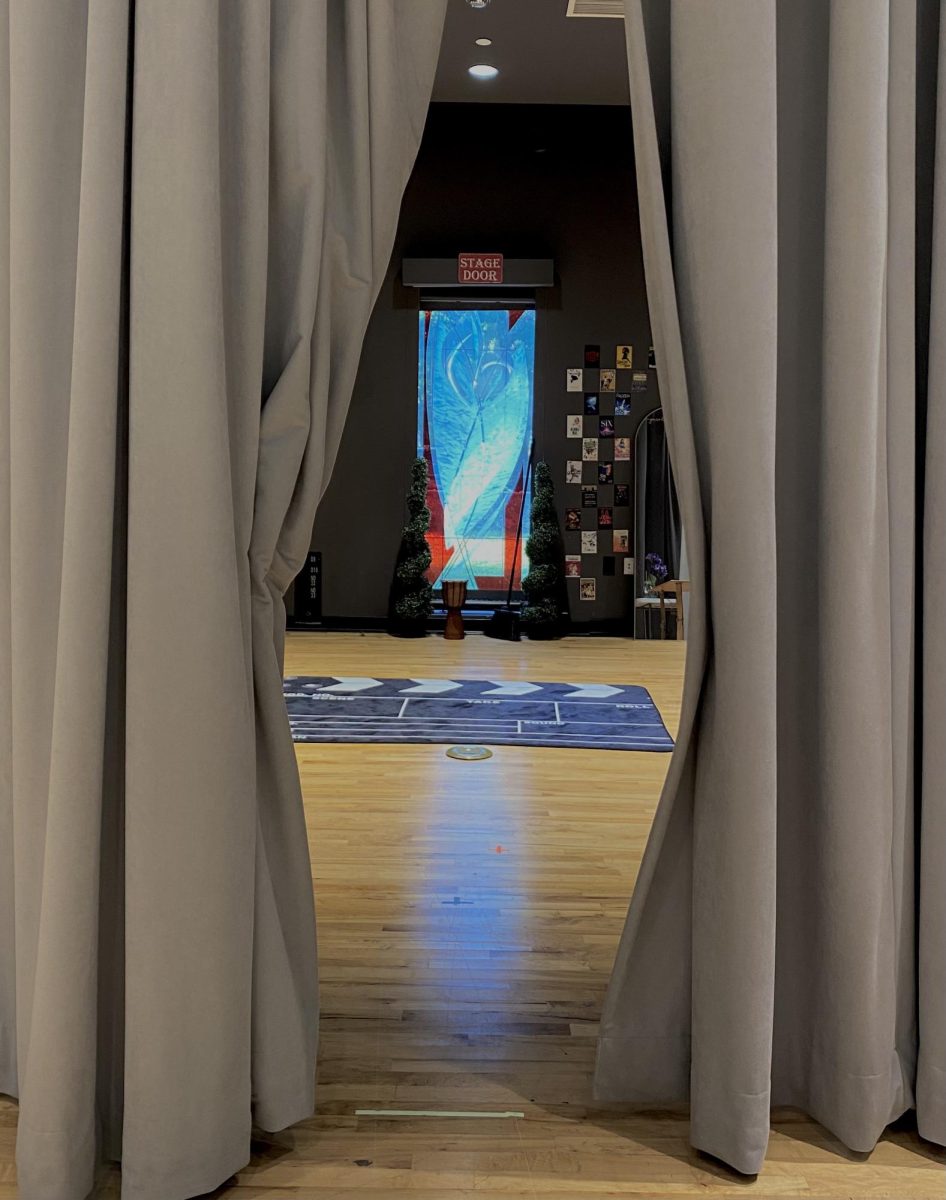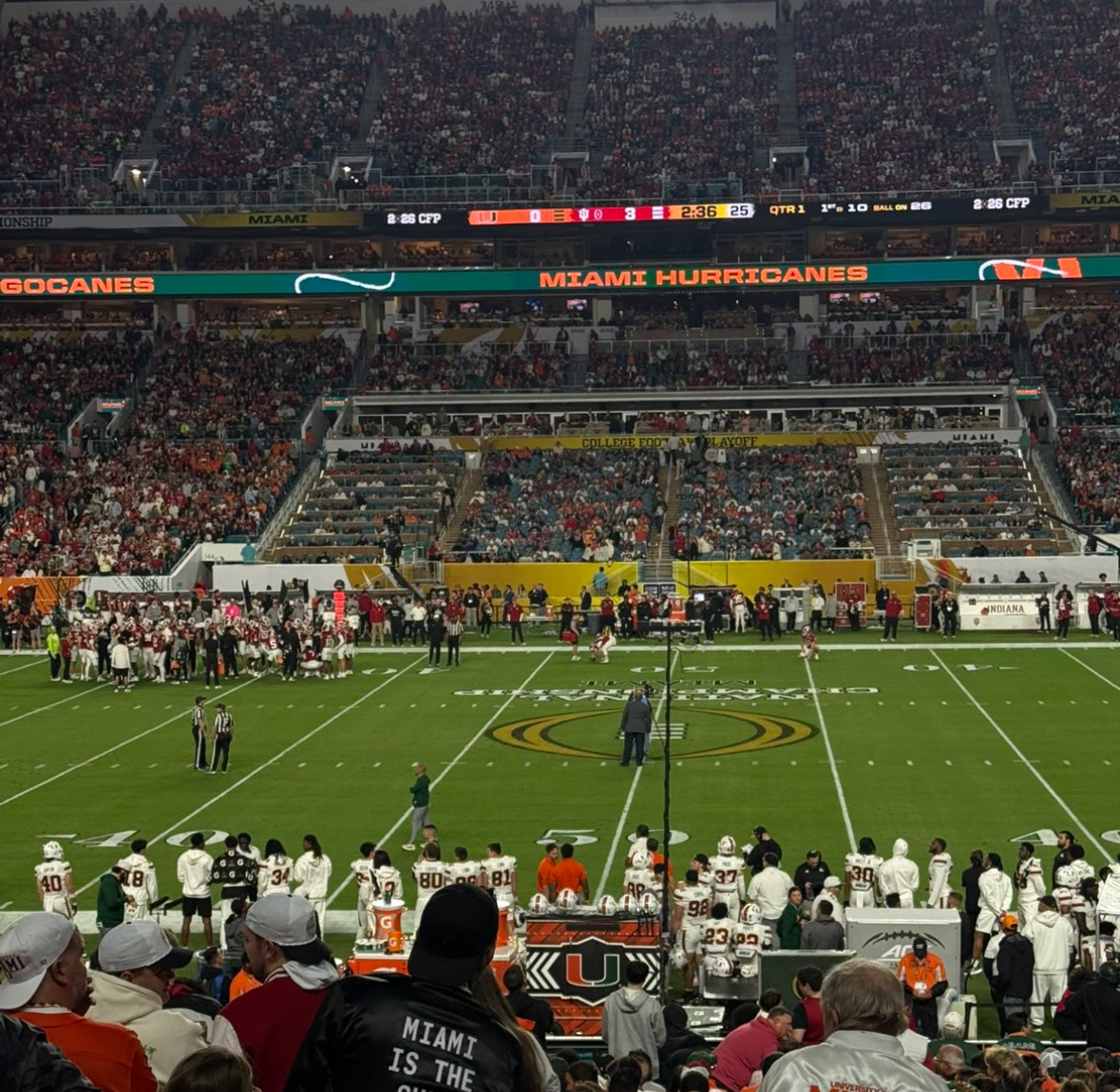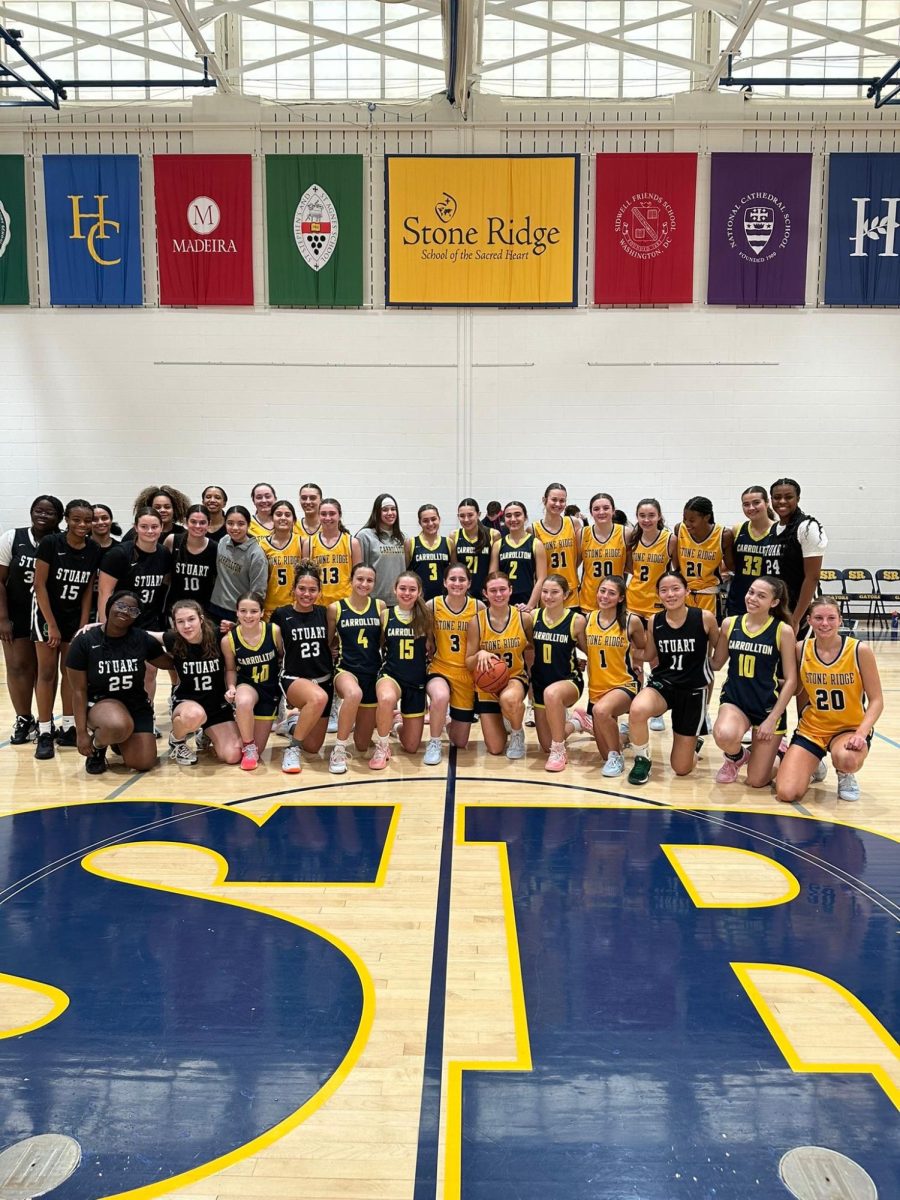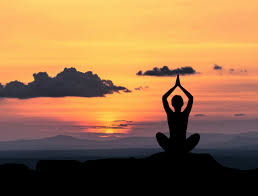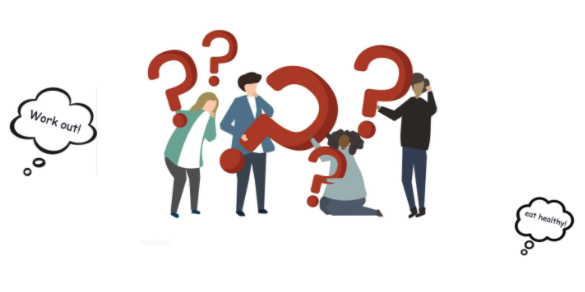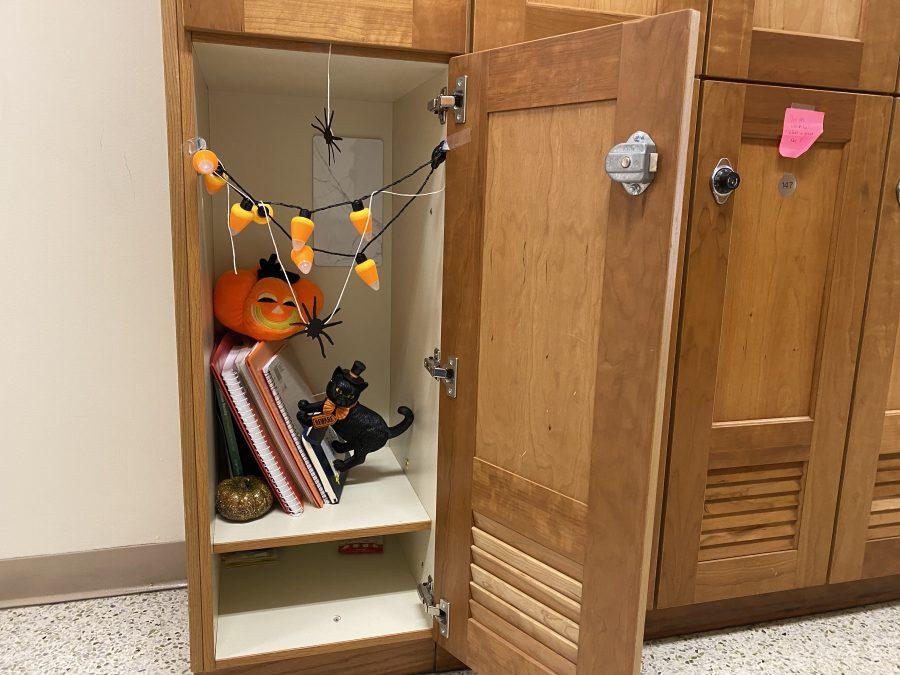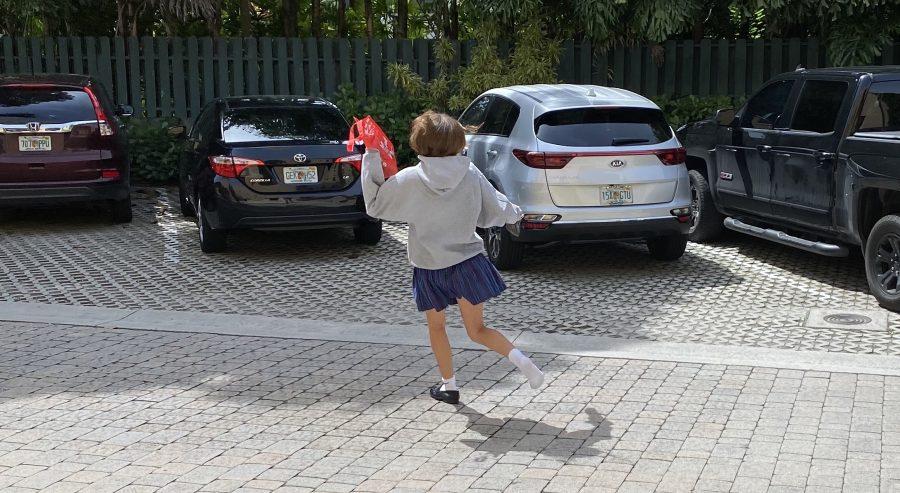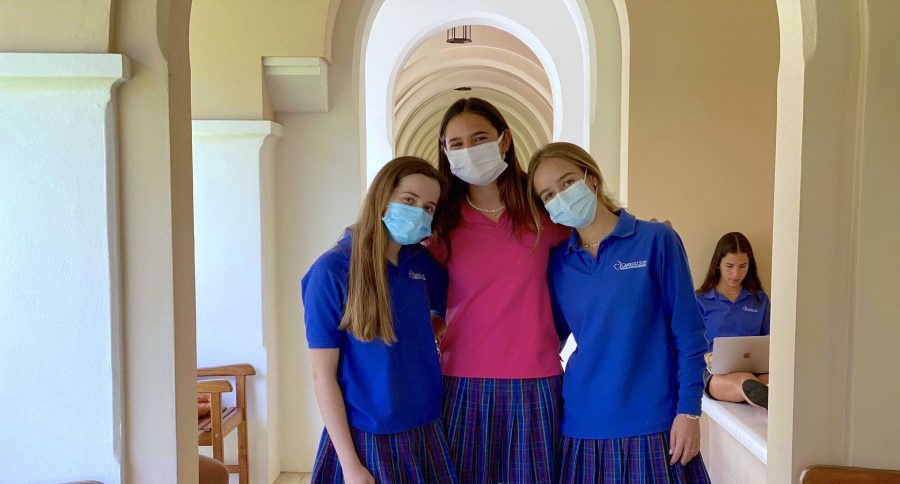People need sleep to revive the tired body, recover from stress. Sleep deprivation can cause fatigue, drowsiness, and irritability. As a teenager, we may put sleep at the bottom of our priorities, but a lack of sleep only puts us at risk for poor school performance. According to The National Sleep Foundation, “Sleep deficiency can lead to many chronic health problems, including heart disease, kidney disease, high blood pressure, diabetes, stroke, obesity, and depression.” Sleep deficiency is also associated with an increased risk of injury in adults, teens and children.
What can you do… for YOURSELF?
- Expose yourself to light in the morning
- Establish a regular sleep schedule
- Keep a quiet sleep environment- silence your phones, mute your TV, etc.
- A study conducted by UC Berkeley reported, “If humans are exposed to light while sleeping, melatonin production can be suppressed.” Berkeley researchers recommend using “blackout curtains, fan, clean bedding, etc. to create a dark sleep environment.”
- Eat foods rich in antioxidants. Herbal teas, tart cherries, nuts and seeds, dark chocolate, kiwis, and goji berries improve brain chemistry, mood stability and sleep quality.
Be aware of your sleep schedule. Notice how your body reacts when you get X number of hours vs. what you are used to. The CDC reported, “Adolescents need 8 to 10 hours of sleep per night.” But, more than two-thirds of U.S. high school students report getting less than 8 hours of sleep on school nights.” The CDC also noted, “female students are more likely to report not getting enough sleep than male students.”
A survey sent to the Upper School revealed that despite the CDC’s recommendation, 70% of our Upper School students said they received only 5 to 6 hours of sleep a night. Cornell University emphasized, “After a good night’s sleep your thoughts are clearer, your reactions faster, and your emotions are less fragile.” Rather than spending hours scrolling through social media, you can grab a book to relax, sip on a warm calming drink, or practice light yoga/meditation.
In the survey, students reported that most spend between 3 to 4 hours a day on social media. Think of the benefits of dropping that down to 1 hour, and then adding a few more hours of sleep time. When we expose ourselves to blue light produced by phone screens, we tell our body it is still time to be awake. While it might feel nice to lie in bed and check social media, the reality is that this constant connectivity can have major negative effects on our sleep. Take a look at your day to day schedule and ask yourself “Am I getting enough sleep?” … and if not what can you do about it?
















